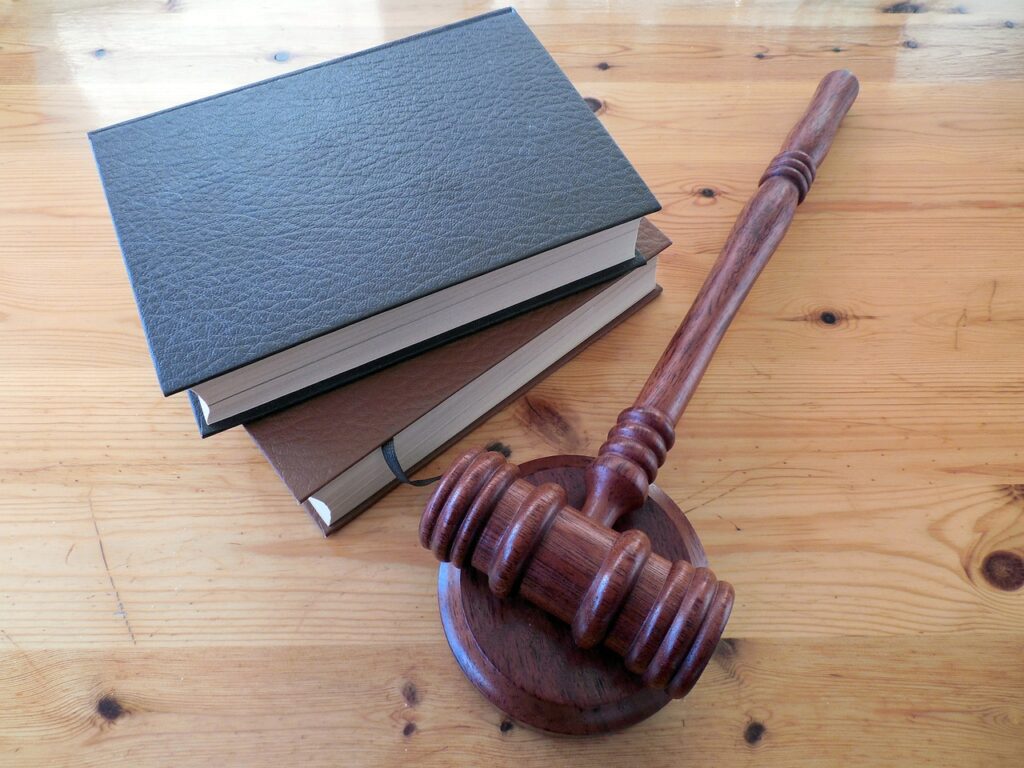If you have been appointed as an Attorney for another person (“the Principal”), great care must be taken by you in relation to the decision that you make on behalf of that person. As well as acting honestly and with care, you must treat the decisions on behalf of another person confidentially and avoid entering into transactions that may result in your interests being in conflict with the decisions you are making on behalf of another.
You must keep records and accounts of all dealings and transactions that you make on behalf of another person under the Enduring Power of Attorney and most importantly, keep that person’s property separate from your own, especially where it relates to financial matters.
Care must also be taken by an Attorney not to sell or deal with the Principal’s property if that property is dealt with under the Principal’s Will. An Attorney may be ordered by the Supreme Court to compensate a beneficiary or the Estate for any loss.
It is important that you carefully read the guidelines stated in the Enduring Power of Attorney document in relation to Attorney’s conduct and seek legal advice if you have any doubts or queries.
ROD GUNN

